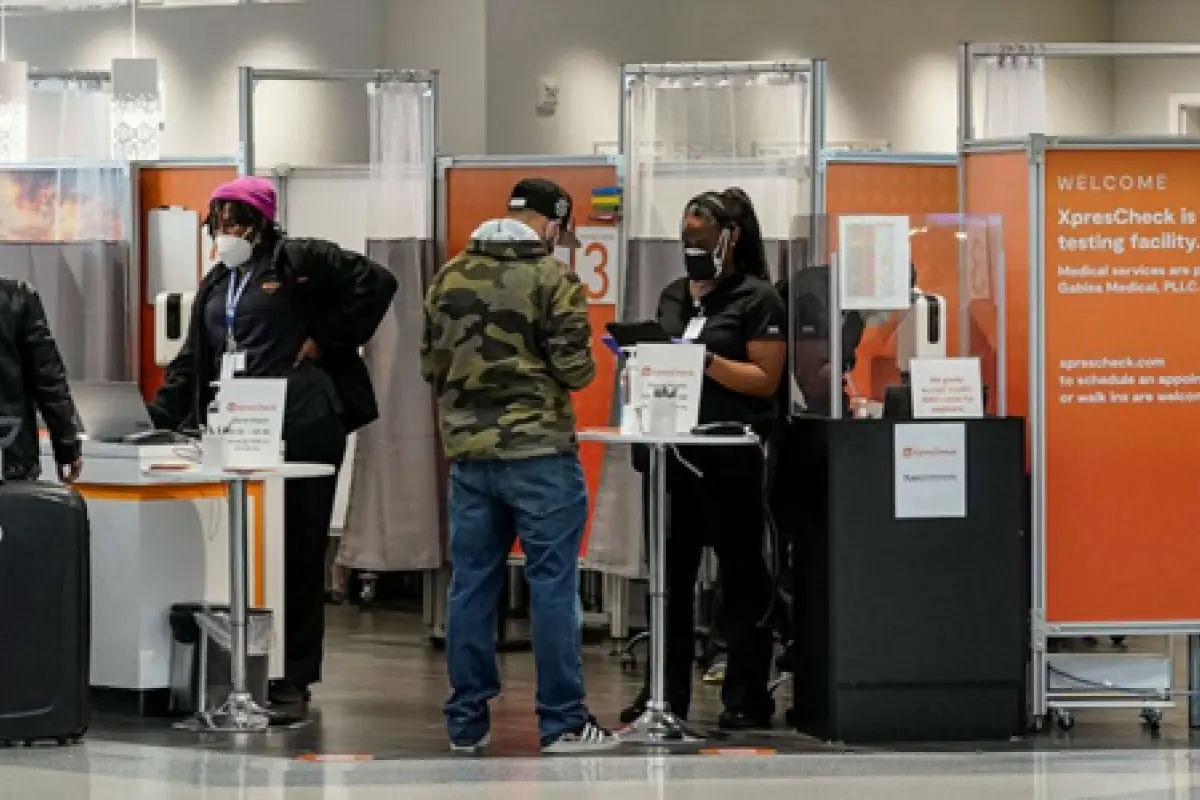The Centers for Disease Control and Prevention (CDC) in the United States has initiated a program to monitor travelers at airports for COVID-19 and other viruses.
This program includes American citizens and international travelers legally in the country.
The CDC’s initiative aims to bolster public health by identifying potential viral threats.
As part of the “Traveler-based Genomic Surveillance” (TGS) program, volunteers at six major international airports across the U.S. are being asked to provide nasal swabs.
This initiative began in response to the COVID-19 pandemic and has since expanded its scope.
The CDC is collaborating with Ginkgo Bioworks and the XpresSpa Group, both private entities, to collect and analyze these samples.
The objective is to conduct bio-surveillance for enhanced detection of new viral strains.

Traveler-based Genomic Surveillance
The “Traveler-based Genomic Surveillance” (TGS) program is described as a multifaceted platform combining voluntary nasal swabs from international travelers and aircraft and airport wastewater sampling.
This approach aims to improve early detection of new SARS-CoV-2 variants and other pathogens, addressing gaps in global surveillance.
The program’s expansion includes major U.S. airports like New York JFK, San Francisco, Boston, and Washington DC Dulles, with plans to extend its reach.
The CDC cites the enhancement of surveillance capabilities for global mass gatherings and migration events as one of the program’s main objectives.
This effort is seen as a step towards comprehensive monitoring of public health threats.
The involvement of private companies in collaboration with the CDC highlights a public-private partnership in providing biometric data.
This data could potentially be used to track individuals legally entering or leaving the U.S.
The program currently relies on voluntary participation, with an emphasis on respecting travelers’ choices and privacy.
The broader implications of such bio-surveillance, in terms of individual rights and public health benefits, continue to be a subject of discussion and evaluation.

